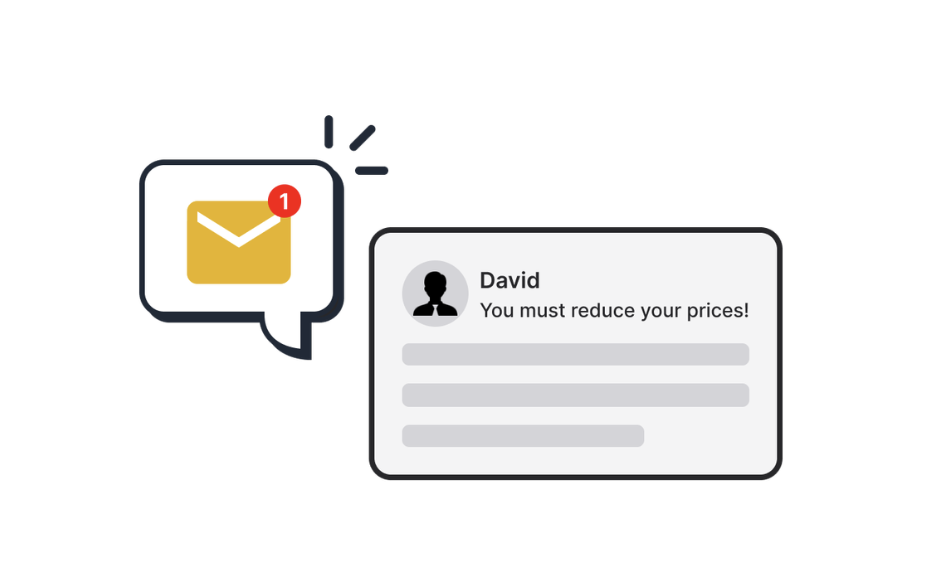WTF is a Marketspace?!
WTF is a Marketspace?!
WTF is a Marketspace?!
Marketspace?! Never heard of it. Don’t you mean marketplace? What’s the difference? Why is the team at Sellar going around inventing new words?
Well, let’s get straight into it.
Online marketplaces have revolutionised so much of our lives it’s almost become hard to imagine how we did things before. Just think about how you order takeaway, plan your holidays, make restaurant reservations, or buy just about anything you need in your household. You’re probably thinking about companies such as Deliveroo, Uber, Airbnb, OpenTable and Amazon. Not only have these companies changed how we do things in our personal lives, but they’ve completely revolutionised how people conduct business across so many different industries.
We’re all familiar with the business model. Marketplaces typically act as a middleman and aim to make things much easier for buyers by consolidating all of the suppliers together in one place. This means buyers can easily find what they're looking for, compare their options, and buy whatever they need without any friction whatsoever. Usually, marketplace businesses will take a cut of the sales they generate.
Within the B2B side of the craft beer industry, when you hear the term ‘marketplace’ you probably think of one particular company that starts with E and rhymes with schmeebria. And, unfortunately, as a result, the term ‘marketplace’ likely comes with some negative connotations to algorithms, opacity, and demands that you lower your pricing.
When we started Sellar, we didn’t know much about the drinks industry, but we quickly learned why the solutions that existed before us did not solve The Problem with Trade Sales in Craft Beer. So why didn't ‘copying and pasting’ the typical marketplace model - that has worked for a lot of other industries - not work for the craft drinks industry?
I think there are a couple of reasons.
Firstly, because the craft beer industry is different.
It’s built on relationships, which means middlemen can get in the way. The stories behind the people are what makes a brand special, so commoditising the supply doesn’t make sense. The pursuit of creating the highest-quality product possible is valued, so a race to the bottom on price is absurd.
Secondly, in the drinks industry, margins are under attack.
There’s no room left to give up a cut. So giving up a significant chunk of the margin on every sale doesn’t make financial sense.
This is why the cookie-cutter marketplace model that commoditises supply and takes heavy commissions can’t simply be applied to the drinks industry. And that is why Sellar is not a marketplace.
But, what would a marketplace look like if it was built for craft breweries? Well, marketplaces are supposed to bring efficiency, bring new customers, and sometimes help with the fulfilment of the product or service.
What if there could be a way to achieve that efficiency, but for all of your trade sales, rather than just the extra customers?
What if it could bring you new customers, but do so without standing in the way? Maybe there could be a way for you to build real relationships with real people rather than slapping a label on a box of cans to fulfil another faceless order. What if it could do this in a way that protects your margin rather than obliterate it?
What if it could help you ship your products anywhere, but with enough flexibility to offer your own dray run or use your own providers when it makes sense to do so?
What if it was just a space… A space for craft beer brewers. And a space for craft beer buyers. A space for them to meet. A space for them to explore. A space for them to do business. A space for trade sales, done the right way.
That is a Marketspace. And Sellar is the Marketspace for Craft Beer.


